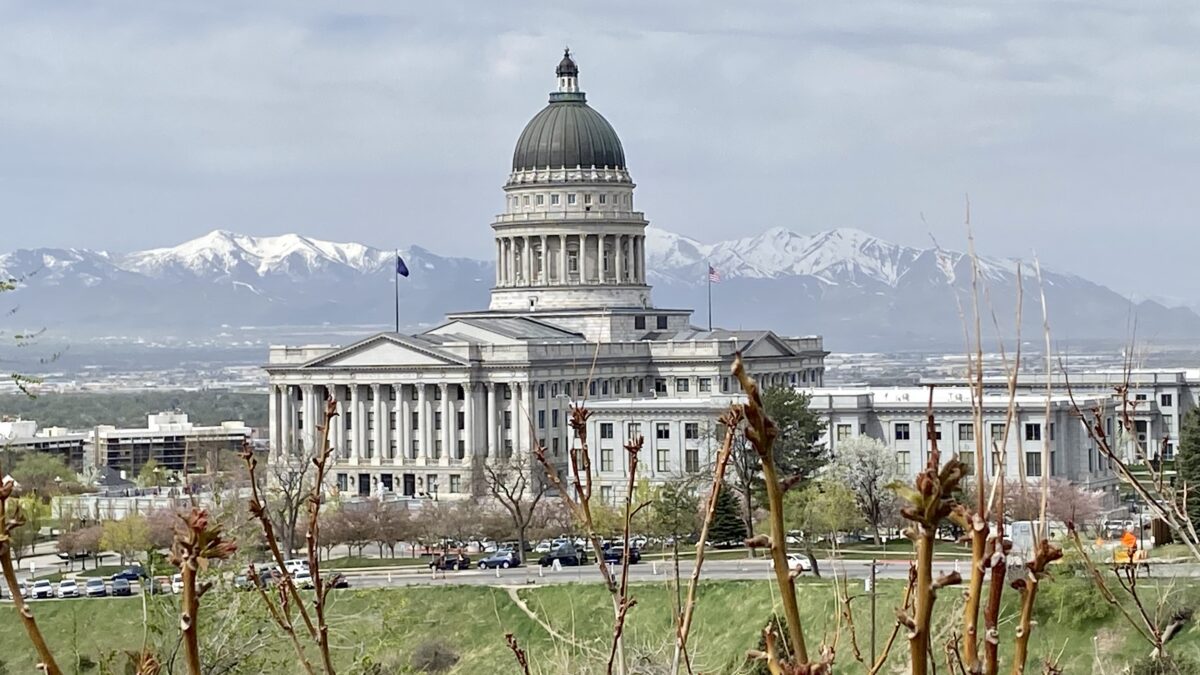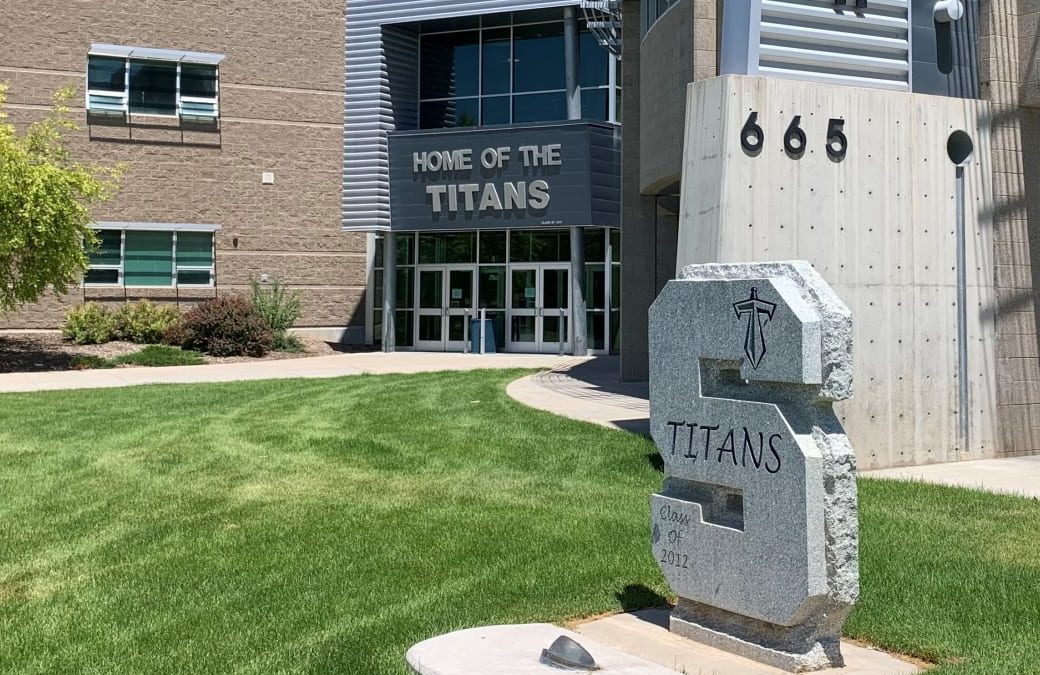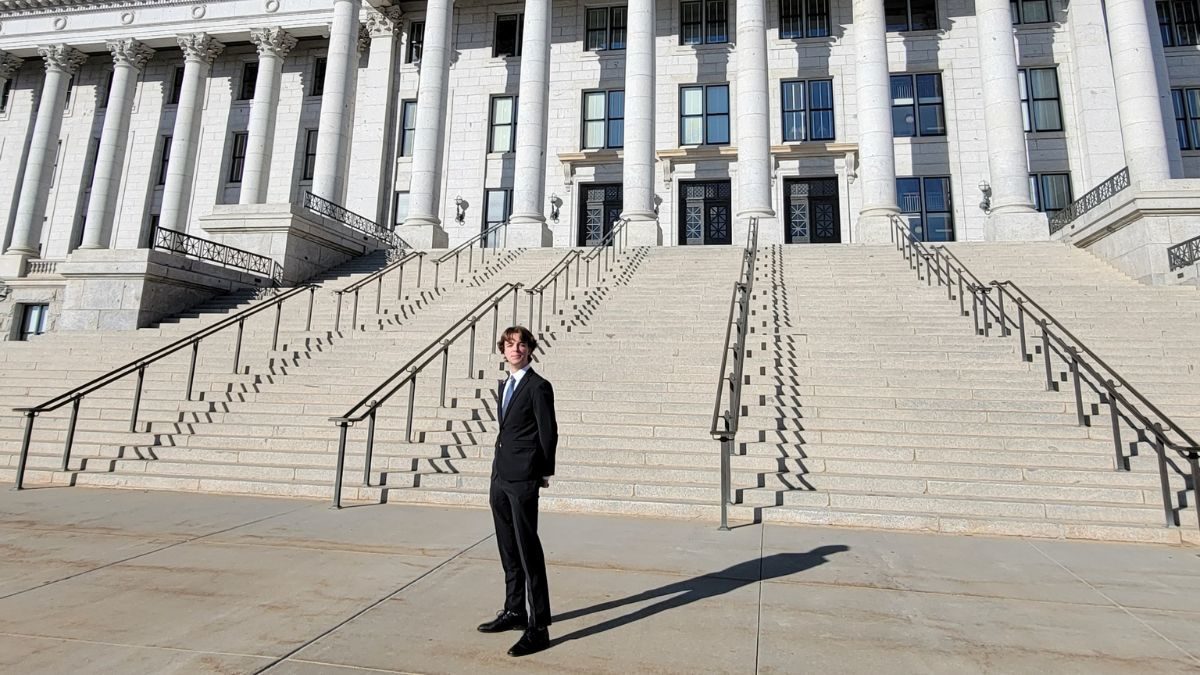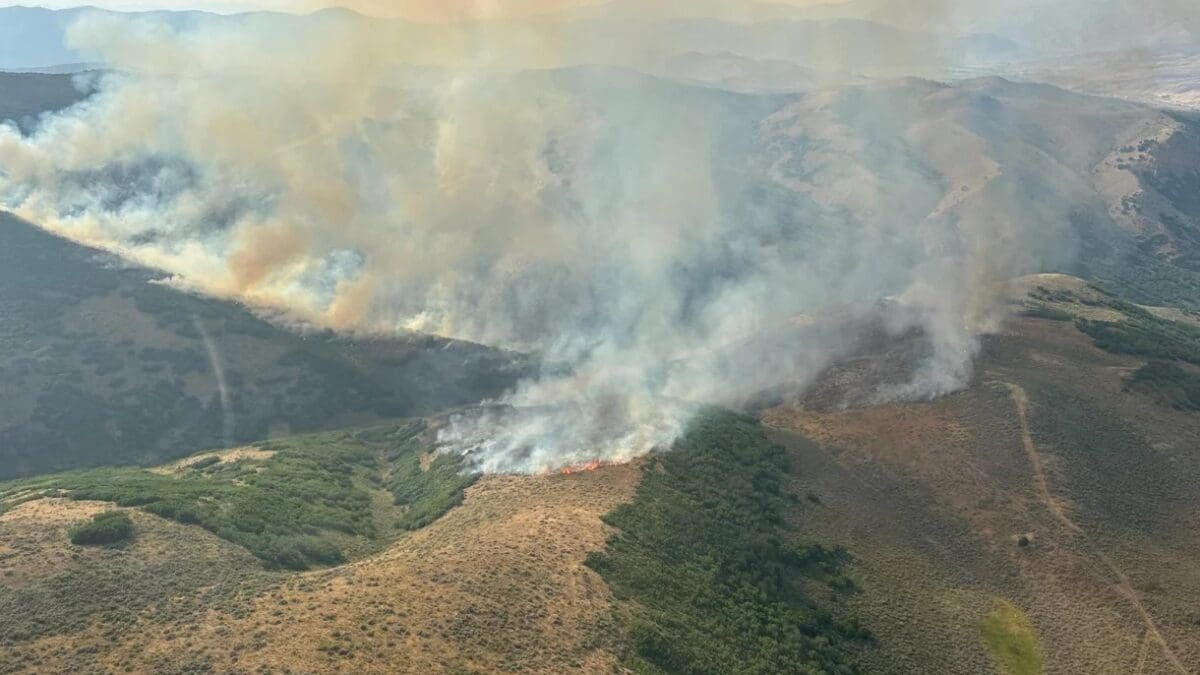Education
Utah lawmakers proposing changes to Sensitive Materials in School law

Utah State Capital. Photo: Michele Roepke // TownLift
According to a proposed amendment, if more than four school districts or nine charter schools remove materials as 'objectively sensitive,' every district in Utah must remove the materials — resulting in a statewide ban
SALT LAKE CITY, Utah — State legislators have been working through a host of issues in preparation for the 2024 legislative session, beginning Jan. 16, 2024 — and one of their biggest priorities has been to propose revisions to the Sensitive Materials in School law passed in the last session, following a controversial school year when several books, including a version of the bible in one school district, were banned.
State lawmakers met with the interim Education Committee this past week, outlining proposed amendments that have been in the works for months. Possibly the largest is to make a distinction between objective and subjective sensitive material.
State law currently states that sensitive material is “instructional material that is pornographic or indecent.” This is defined as “human genitals in a state of sexual stimulation or arousal,” “acts of human masturbation, sexual intercourse or sodomy” and “fondling or other erotic touching of human genitals or pubic region.”
The newly drafted amendments describe objective sensitive materials as any material that violates the current definition of sensitive material, and establish a definition of subjective sensitive materials as materials deemed “pornographic or indecent” that do not explicitly violate current law but “when taken as a whole, are deemed to have no serious literary, artistic, political, or scientific value.”
The proposed amendments also intend to restructure the review process of material reported as inappropriate. Under a drafted amendment, only parents of a child within local educational boundaries (LEA), elected officials representing the LEA, students, and employees of the LEA can request a sensitive materials review.
When a complaint about material is submitted, the LEA conducts a review of the material. If the LEA determines that the submitted material does contain sensitive materials, the material will be “removed from student access pending a deeper review.”
The district or charter school will then conduct a full review of the material, first reviewing for objective material , a process that is not mandated to include parents. If the material is found to include objective sensitive material, the book is immediately removed from student access.
If the material is not found to contain objective sensitive material, it will then be reviewed for subjective sensitive material, a process that is required to include parents. If the material is found to be subjectively sensitive, the book can still be accessed by students with parental permission. The subjective sensitive material may also be fully removed if the LEA’s governing board affirmatively votes to do so in a public meeting and states its rationale.
An individual who initiates three reviews that do not result in the removal of materials is barred from additional challenges for the remainder of the school year.
According to proposed amendments, if more than four school districts or nine charter schools remove materials as objective sensitive materials, every LEA in the state must remove the materials, resulting in a statewide ban.
In an interview with TownLift in July, state Rep. Mike Kohler, who represents all of Wasatch County and parts of Summit County, including Park City, discussed the current Sensitive Materials law and book banning in the state.
“My personal view is that I’m not for a book ban, all you do is make them popular. But I do think that libraries in elementary, middle schools, and high schools should be age appropriate. I think a lot of it is that parent’s committees haven’t had time to work, but I think in some cases, I think political statements were being made,” Kohler said.
“It’s age appropriateness, it’s not a matter of freedom of speech or not. If you’re 21, you can read whatever you want. And if you’re a parent, and you want your kid to read something, then that’s your choice. But sensitive and pornographic material should not be in libraries.”
















